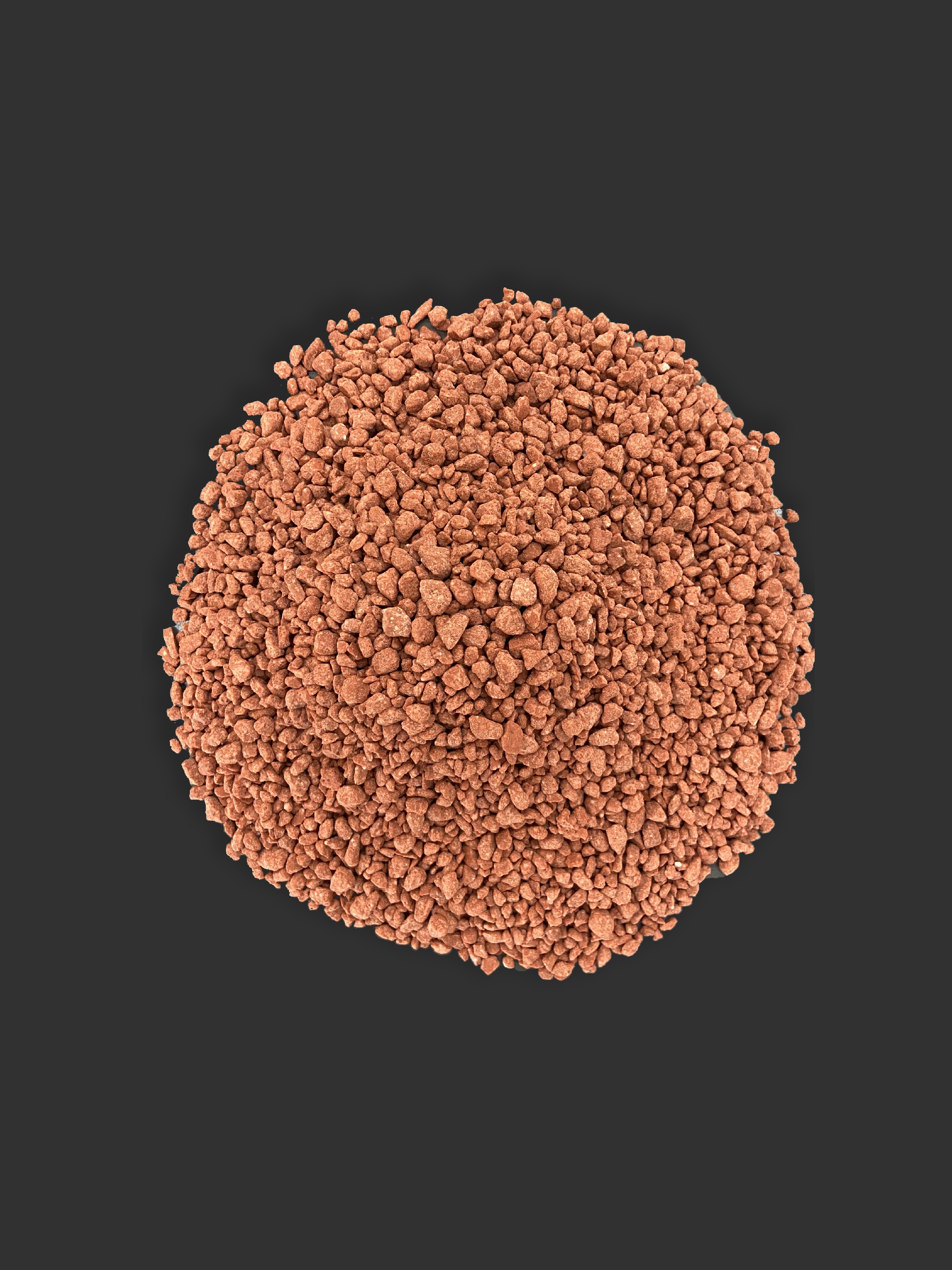-2.jpg?x-oss-process=image/resize,h_400,m_lfit/format,webp)
Modern agricultural practices demand fertilizers that not only nourish crops effectively but also integrate seamlessly with mechanized farming equipment for enhanced efficiency. Granular ammonium sulfate, especially the caprolactam grade, stands out as a game-changer in this arena. This article delves into its unique properties, comparing it to conventional fertilizers, and highlights how it supports large-scale mechanized fertilization with precision and reliability.
Granular ammonium sulfate (caprolactam grade) is derived through a specialized manufacturing process that ensures high purity and consistent particle size distribution. Unlike regular agricultural grades, this variant undergoes stringent refining to remove impurities, meeting the demanding standards of both agricultural and industrial applications.
The result is a fertilizer with superior flowability and uniform granule hardness, which translates to less clogging and even spreading during mechanical application. This uniformity is key in ensuring that nutrients are delivered precisely and consistently across large planting areas.
| Property | Caprolactam Grade Granular Ammonium Sulfate | Traditional Fertilizer |
|---|---|---|
| Granule Uniformity | > 95% within size range 2-4 mm | 70-80%; irregular sizes |
| Flowability Index | > 300 g/s | < 200 g/s |
| Impurity Content | < 0.5% | 1-2% |
| Moisture Content | < 0.2% | 0.5-1% |
These superior physical parameters enable uniform spreading by modern machinery, reducing downtime due to clogging and mechanical failures, thereby increasing operational efficiency by an estimated 15-20% compared to traditional fertilizers.
Caprolactam-grade ammonium sulfate offers not only physical advantages but also enhanced nutrient availability. Its ammonium and sulfate composition supports key plant growth functions such as chlorophyll synthesis and nitrogen assimilation.
According to a 2023 field study conducted by the International Agricultural Fertilizer Association, using this fertilizer resulted in an average nitrogen use efficiency (NUE) improvement of 12% relative to conventional ammonium sulfate grades. This means farmers can achieve similar or improved yields using less fertilizer, reducing costs and environmental impact.
-2.jpg)
Versatility is a hallmark of caprolactam-grade granular ammonium sulfate — spanning its use in:
For instance, an agricultural cooperative in the U.S. Midwest mechanized the application on 5,000 hectares of corn, reporting a 10% yield increase and a 20% decrease in fertilization time. Meanwhile, a European nursery improved plant quality metrics by using the fertilizer in a drip irrigation setup.
.jpg)
"The caprolactam grade ammonium sulfate's consistent granule size and low impurity profile make it exceptionally suited for today's mechanized fertilization systems. This translates directly to improved nutrient use efficiency and operational reliability." — Dr. Elena Martinez, Soil Science Specialist, Global Agricultural Institute.

Are you ready to upgrade your fertilization strategy with granular ammonium sulfate (caprolactam grade) and experience the benefits of precision, efficiency, and superior crop nutrition? Discover how this innovative fertilizer can seamlessly integrate into your mechanized systems and unlock new productivity levels.
Explore High-Quality Fertilization Solutions Now
How has mechanization transformed your fertilization process? Share your experiences or questions below — let's innovate agriculture together.

